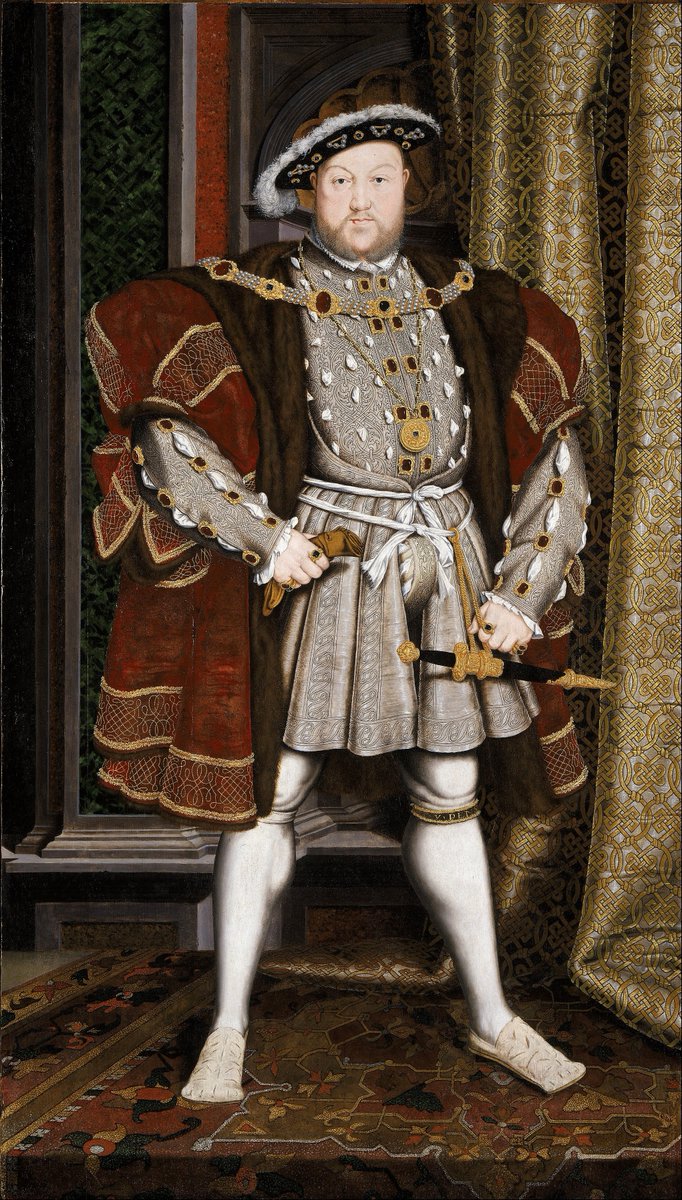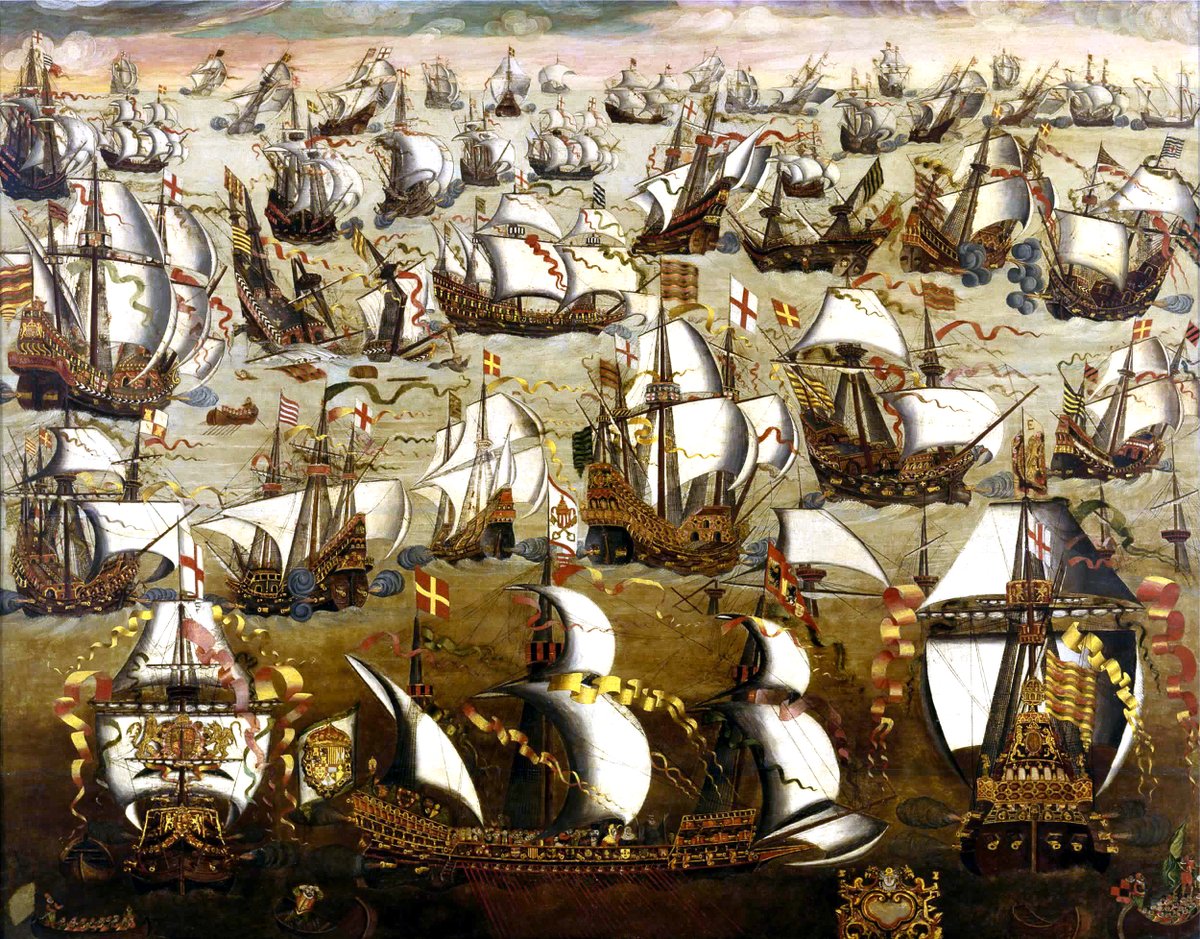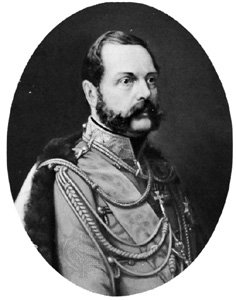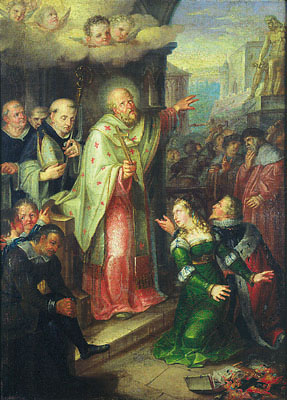
An unwanted princess, ignored by her father and imprisoned by her sister, a queen who steered the course of her nation towards greatness.
Story in the evening ...
Story in the evening ...
https://twitter.com/Arby_K/status/1362590412871925764
Elizabeth was born in 1533 to English King Henry VIII & Anne Boleyn. Henry had married Anne after breaking away from the Roman Church, annulling his earlier marriage. Unable to sire a male heir, Henry had Anne killed in 1536 for treason, declaring their marriage invalid. 1/10 

Though the invalidation of the marriage made her illegitimate, Elizabeth grew up as a princess of England. The birth of a brother in 1537 relieved the inheritance stress on her father and their father's death in 1547 brought young Edward to the throne. 2/10 

The young King was weak and frail and perhaps concerned his eldest (Catholic) sister, Mary, would inherit the throne after him, he tried to make another relative, Jane Grey, as his heir. His death in 1553 led to a minor crisis, but Mary saw through it and became Queen. 3/10 

A marital union of Mary with another Catholic, Felipe, the Habsburg heir, led to a Protestant rebellion to put Elizabeth on throne. This led to the Queen imprisoning her sister. Felipe married Mary in 1554 and had become the King of Spain, Naples, Sicily & Sardinia by 1556. 4/10 

Mary's reign was short. She died in 1558 and King Felipe supported in Elizabeth becoming Queen. He also proposed to marry Elizabeth, to counter the marital alliance of their common enemies, France and Scotland. Mary, Queen of Scots, was married to the French heir. 5/10 

But the ardent Protestant refused. After her father broke away from Rome, the Reformation was back on full speed. There were still many Catholics in England and they backed the Scottish Queen. Queen Mary was also Elizabeth's closest relative. 6/10 

Elizabeth brought forward England as a maritime nation. She funded privateers like Francis Drake who raided the ports and ships of Spain, the dominant maritime nation of the time. The union of Spain and Portugal in 1580 strengthened her opponents. 7/10 

In 1585, Elizabeth sent a force to assist the Dutch rebellion against King Felipe. Three years later, Felipe retaliated sending one of the mightiest navies against England. The defeat of the Spanish Armada gave England its greatest naval victory. 8/10 

England pressed for advantage with an armada of their own, but that ended in defeat. However, the English maritime force had been unleashed. By the end of the century, they had established their first American colony and East India Company had been chartered. 9/10 

Queen Elizabeth ruled England and Ireland for 45 years, ushering in a golden era in the history of her nation. Unmarried and childless, she was succeeded by King James of Scotland, uniting the three kingdoms in 1603. 10/10 

• • •
Missing some Tweet in this thread? You can try to
force a refresh















